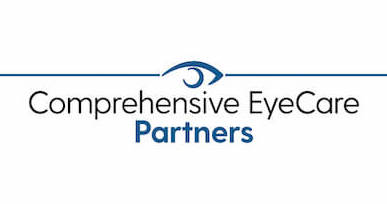
June is both Cataract Awareness Month and Fireworks Eye Safety Month. Cataracts and safety are something you should be aware of all year.
Fireworks safety is particularly important during the summer, especially leading up to the Fourth of July. As for cataracts, it’s important to be aware of them because they will affect almost everyone if they live long enough.
Keep reading to learn more about fireworks eye safety and cataract awareness month!
Fireworks Safety
Fireworks safety is extremely important. It’s also quite simple: don’t use fireworks at home.
Consumer fireworks are dangerous in the hands of untrained individuals. They are most dangerous in the hands of children.
Even sparklers can cause accidents. Luckily, communities in the US offer professional fireworks shows that the whole family can attend.
Go ahead and enjoy your Fourth of July fireworks. The best thing you can do is leave them to the professionals and watch from a safe distance.
What Are Cataracts?
Cataracts occur when the natural lens in your eye becomes cloudy. The lens tends to become more opaque over time. As proteins in the lens break down, they clump together, making it harder to see through the lens.
As a result of aging, the body goes through many changes, and developing cataracts is one of them. They can also be the result of diabetes or eye trauma, but the most common cause is simply aging.
Cataracts can appear at any age and anyone 40 and older are at high risk. They can start to develop in your forties or fifties, but they can take years to develop before you notice any symptoms.
Cataract Symptoms
Since cataracts develop over months or even years, it’s often hard to spot the symptoms. They include:
- Blurry vision
- Glare and halos around light sources
- Poor night vision
- Difficulty seeing color contrast
- Light sensitivity
Often, these symptoms are mistaken for declining vision due to presbyopia. But cataracts don’t make it harder to see because you have trouble seeing up-close.
You can have cataracts and presbyopia. When you only have cataracts, it makes up-close tasks harder because you need more light. This includes things like reading or sewing.
Diagnosis and Treatment
Luckily, you don’t need to rely only on recognizing cataract symptoms. All adults who are 40 and older should have regular eye exams.
With regular eye exams, your eye doctor will be able to see if you have cataracts. If you do, they can diagnose them before they become debilitating.
They can also recommend treatment, although they may not do so right away. The only real way to treat cataracts is to have them removed during cataract surgery.
Your doctor will recommend cataract surgery only when your cataracts begin to affect your quality of life. If they aren’t causing issues, they may develop slowly enough that you’ll never need treatment.
But if your cataracts make daily tasks difficult, cataract surgery is the way to go as it can restore all vision lost due to cataracts.
Have questions about your eye care or cataracts? Schedule an appointment at Shepherd Eye Center in Las Vegas, NV today!


